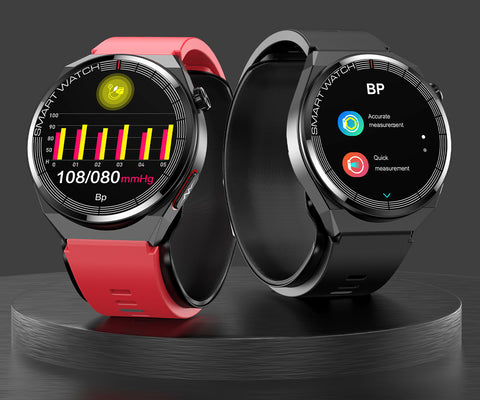Good Fats: Are You Going Overboard?
In recent years, there has been a significant shift in the way we perceive dietary fats. Once demonized as the enemy of health, fats are now celebrated for their essential role in supporting overall well-being. From avocado toast to coconut oil, it seems like everyone is jumping on the healthy fat bandwagon. But while fats are indeed an important part of a balanced diet, can you have too much of a good thing?
Understanding Good Fats
Not all fats are created equal. Some fats, like saturated and trans fats, have been linked to an increased risk of heart disease and other health issues. On the other hand, unsaturated fats, including monounsaturated and polyunsaturated fats, are considered beneficial for health when consumed in moderation.
-
Monounsaturated Fats: Found in foods like avocados, olive oil, and nuts, monounsaturated fats are known for their heart-healthy benefits. They can help lower LDL (bad) cholesterol levels and reduce the risk of heart disease.
-
Polyunsaturated Fats: Sources of polyunsaturated fats include fatty fish (such as salmon and trout), flaxseeds, and walnuts. These fats contain essential omega-3 and omega-6 fatty acids, which play a crucial role in brain function, heart health, and inflammation regulation.
Signs You Might Be Overdoing It
While good fats are an important part of a healthy diet, it's possible to consume too much, leading to unwanted consequences. Here are some signs that you might be going overboard with your fat intake:
-
Weight Gain: Despite being calorie-dense, fats are highly satiating, which can lead to overeating if not consumed mindfully. Excessive calorie intake from fats can contribute to weight gain over time.
-
Digestive Issues: Consuming large amounts of fatty foods, especially those high in saturated or trans fats, can slow down digestion and lead to symptoms like bloating, gas, and discomfort.
-
Elevated Cholesterol Levels: While monounsaturated and polyunsaturated fats can help lower LDL cholesterol levels, consuming too much saturated fat may have the opposite effect, raising LDL cholesterol levels and increasing the risk of heart disease.
-
Skin Problems: Some people may experience acne breakouts or skin issues when consuming excessive amounts of unhealthy fats, such as those found in fried foods and processed snacks.
Finding Balance
Achieving a balanced intake of fats is key to reaping their health benefits without overdoing it. Here are some tips for finding balance:
-
Focus on Whole Foods: Instead of relying on processed or fried foods, prioritize whole food sources of good fats like avocados, nuts, seeds, fatty fish, and olive oil.
-
Practice Portion Control: Be mindful of portion sizes when consuming high-fat foods, especially those that are calorie-dense. Incorporate fats into your meals in moderation to avoid overconsumption.
-
Diversify Your Sources: Mix up your sources of good fats to ensure you're getting a variety of nutrients and fatty acids. Incorporate a range of foods like avocados, nuts, seeds, and fatty fish into your diet.
-
Read Labels: Pay attention to nutrition labels and ingredient lists when purchasing packaged foods. Choose products that are lower in saturated and trans fats and higher in unsaturated fats.
-
Listen to Your Body: Everyone's dietary needs and tolerances are different. Pay attention to how your body responds to different types and amounts of fats, and adjust your intake accordingly.
Good fats are an essential part of a healthy diet, providing numerous health benefits when consumed in moderation. However, it's important to be mindful of your fat intake and avoid going overboard. By focusing on whole food sources of good fats, practicing portion control, and listening to your body's cues, you can strike the right balance and support your overall health and well-being. So, enjoy your avocado toast and salmon dinners, but remember to keep it in moderation for optimal health.










